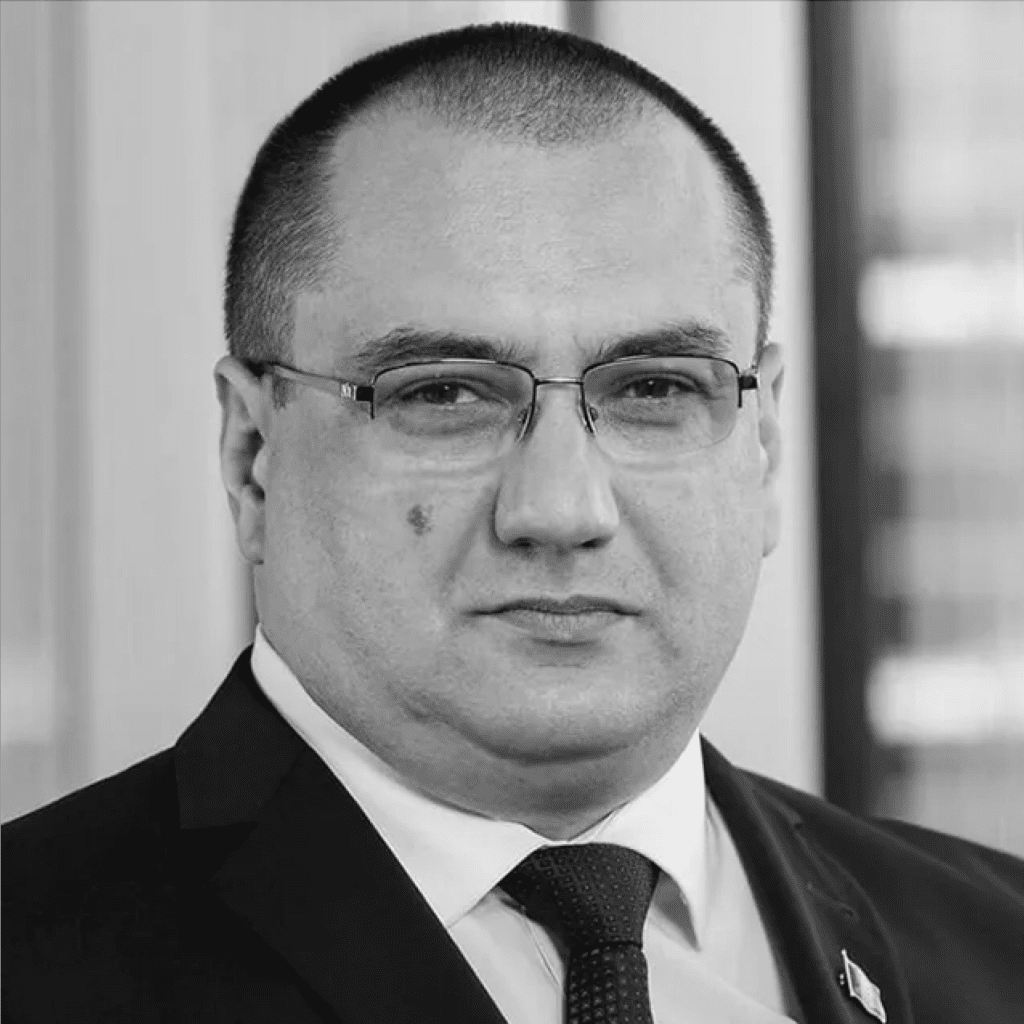At our upcoming event, our distinguished speakers will provide an overview of the last decade of illegal migration through the Mediterranean.
It was ten years ago that a boat carrying migrants from Libya sank off the island of Lampedusa, resulting in a staggering death toll. Since then, one million migrants have arrived in Italy, and there have been a further 28,000 deaths at sea.
We will discuss Lampedusa realities on the ground, including the demographic breakdown and countries of origin of migrants, as well as the arrival procedure, including hotspot capacities.
More broadly, we will look at what’s wrong with the asylum system and border procedures, and the connection between border security and terrorism—the recent Brussels events are just one striking example.
In practical terms, the panellists will delve into what’s being planned in the Asylum and Migration Pact, and the expected impact of “compulsory solidarity”—it might be good news for Italy, but for Central European countries, it’s unacceptable. Where do other countries stand?
Finally, we will try to identify possible solutions to the crisis including ‘turn back boats,’ externalization, deportations, and the Australian model.
10:45-11:00 Arrivals & Registration
11:00-11:10 Introductory Remarks
11:10-12:15 Panel Discussion
12:15-12:30 Q&A
12:30-13:30 Light Refreshments/Coffee & Tea

MEP Cristian Terheș is a Member of the European Parliament representing Romania and the Christian-Democratic National Peasants’ Party (PNTCD) in the ECR Group.

Ben Harris-Quinney is the longest-serving Chairman of the world’s oldest conservative think-tank, The Bow Group. Harris-Quinney has also worked on foreign policy in both the UK and European Parliaments and internationally, in media & publication, consultancy, the charity sector, and as an elected politician in Hertfordshire, UK.

Tamás Orbán is a political journalist for The European Conservative, based in Brussels. Born in Transylvania, he studied history and international relations in Kolozsvár, and worked for several political research institutes in Budapest. His interests include current affairs, social movements, geopolitics, and Central European security.
